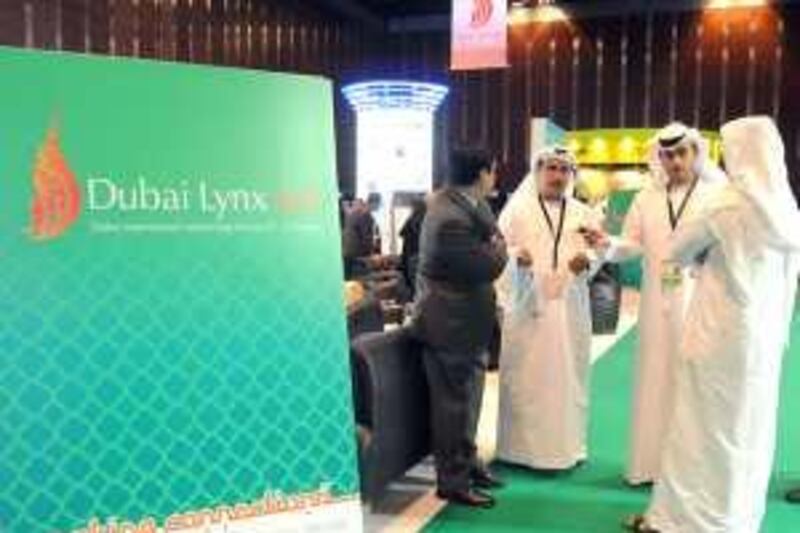The organiser of the Dubai Lynx Awards for advertising agencies in the Middle East today issued new rules to try to prevent a repeat of the problems that plagued this year's event. Agencies will now have to provide more detail about the client for whom an advertisement was produced and the media outlet in which it ran. Other changes will give the jury president more power to address accusations of plagiarism and to increase the amount of support on cultural sensitivity that the international jury receives from Arabic-speaking media experts. "Dubai Lynx is not an art show, it is an advertising festival," said Philip Thomas, the chief executive of Cannes Lions, which organises the Dubai Lynx Awards. "For agencies to enter pieces of work that were not created for bona fide clients insults the hard-working international jury and the other, honest, entrants." The organiser had reserved the right to "penalise those who continue to blatantly disregard the rules and spirit of the event", he said. The changes follow a series of in-depth interviews conducted over three weeks with about a dozen industry leaders by the International Advertising Agency (IAA), according to Dr Lance de Masi, the president of the IAA's UAE chapter. "The consensus that emerged was that the industry believes, in terms of creative awards, that the Lynx is the best thing to have hit the Gulf," he said. "Now having said that, obviously the concerns that emerged from the 2009 awards were uppermost on most people's minds." Two weeks after this year's awards ceremony on March 17, the organiser stripped the trophy for Agency of the Year from Fortune Promoseven (FP7) Doha following controversy over the legitimacy and appropriateness of the agency's submissions. The removal followed a joint statement by the organiser and Samsung disowning work by FP7 Doha that appeared in a Lebanese newspaper, which included an image of Jesus taking a picture of a group of nuns with a Samsung camera. Samsung said the company never approved or commissioned the work. As part of the organiser's action, 18 of FP7 Doha's submissions and the seven awards associated with them were withdrawn. The organiser also decided to forgo the Agency of the Year trophy this year. To help avoid similar problems, the entry criteria will also include the address and country details of clients. All entries will also trigger an automated e-mail to the client, asking them to confirm that they are the brand owner and that they consented to the entry or campaign being entered. To deal with the cultural sensitivities of the region, which the jury of international advertising experts might not fully understand, the organiser has also decided to increase the seniority of the Arabic-speaking media experts who consult with them and, where it can, to pre-screen work from a cultural perspective. Both addressed situations that were specific to the region, Dr de Masi said. "You've got the sensitivities of the Middle East, and you've got a region where there are complexities regarding who the client is," he said. "You've got distributors, you've got agencies, you've got a lot of these things that are not at all frequent in the other awards ceremonies. Working through some of that was necessary because of the peculiarities of the region." But in the end, Dr de Masi believes the burden for ethical and culturally appropriate participation in the awards should be shared by entrants and the organiser. "[The organiser] has reacted to what is a perceived need to close some of the loopholes," he said. "But the second part of the story is the industry, the IAA and Lynx recognise that there is just so much that could and should be done, that integrity and ethics are not something that you can legislate. "In the final analysis, a great deal of self-regulation is required." khagey@thenational.ae
Rules tightened for Dubai Lynx Awards
Organisers of the Middle East advertising competition issue new competition rules, after this year's problems.

Editor's picks
More from the national




